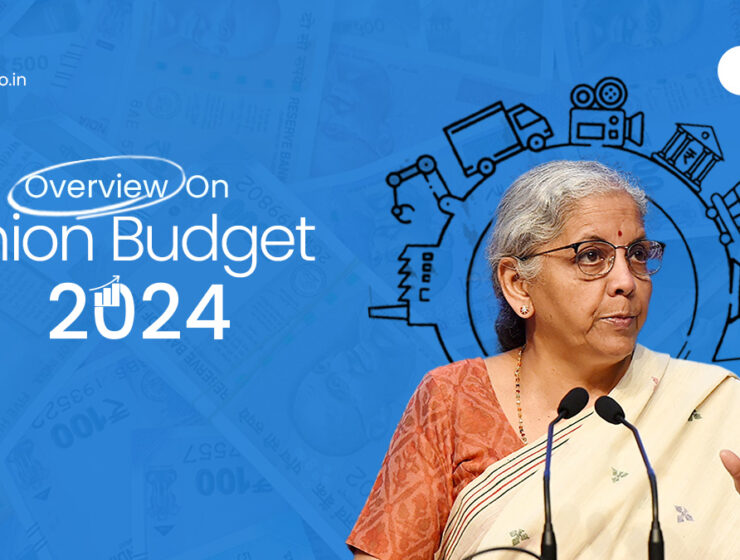

Tax free Income!!! Surprised??? Well, don’t be!!!! The Income Tax act also allows some incomes to be exempted, which will reduce your tax burden to a certain extent. This article will elaborate more on such tax free income, so that to aid your tax planning.
1. Agricultural Income
Being primarily an agricultural economy, India still survives on agriculture. Income Tax Act, hence has exempted the total agricultural income, except for certain circumstances. For e.g. income from wheat production is exempt, but if the agricultural land is let out for film production company, then it would be termed as regular taxable income and not agricultural income. To sustain any income as agricultural income, one has to substantiate that such income is from agricultural and support activities.
A point to remember is that agricultural income is considered for determining the tax rate on total income. Even if agricultural income is not taxable, the tax rate on the taxable income is determined by adding the agricultural income to the other income (only for the purpose of determining the tax bracket). For e.g. Mr. A earns agricultural income of Rs. 50000 and his non agricultural income is around Rs. 980000. On the basis of his taxable income, his income will be taxed @ 20%. However, if we add agricultural income to his non agricultural income, then he lands up in the 30% tax bracket. Hence, Mr. A will have to pay tax on Rs.980000 @ 30%.
2. Receipts from HUF (Hindu Undivided Family)
HUF is considered a separate taxable entity, as per the Indian Income Tax Act. If any family member (known as Coparcener or Karta) receives his or her share from HUF or inherits money from HUF, then such income will be exempt in the hands of the receiver. The primary reason being that, such income is already taxed in the hands of the HUF. So you can carry out tax planning to manage tax burden effectively.
3. Share of Income from partnership firm
Any share of profit received by the partners from the partnership firm is exempt in the hands of the partner. Here, the partnership firm also includes LLP (Limited Liability Partnership). The Income Tax Act exempts only share from partnership firm as exempt, however, other income received in the form of remuneration or interest, etc. is still taxable.
4. Long term Capital gains on equity shares and ELSS (Equity Linked Savings Scheme)
Where the person incurs Long Term Capital Gain on the sale of equity shares and ELSS (Equity mutual funds) units, such LTCG (Long Term capital Gains) is exempt up to a gain of 1 lakh. Long Term Capital Gain occurs when you hold and sell the shares or units of mutual fund for one year or more. This exemption is introduced to encourage investment in stock markets and mutual funds, which will warrant holding for at least 1 year, which will prevent speculation. So invest wisely in equity and exit at the appropriate time, so that your tax planning will be effective to consider the exemption effect of LTCG.
5. Allowance for services rendered on site (foreign country)
Where any government employee works outside India and the government pays allowances or perquisites to such employee, then such allowance or perquisite is exempt in the hands of such employee.
6. Any amount received from PPF (Public Provident Fund)
PPF enjoys EEE tax status, which means tax deduction for the amount invested at initial stage and during the investment tenure, and also exempt interest income as well as the principal amount withdrawn.
7. Any amount received from the life insurance policy
Any amount received from the life insurance policy with respect to,
- Insurance of dependent handicapped family member
- Insurance of any family member suffering from notified disease
- Insurance policy where annual premium payable is not more than 20% of the sum assured (For policies issued before 1 April 2012)
- Insurance policy where annual premium payable is not more than 10% of the sum assured (For policies issued on and after 1 April 2012)
8. The Amount received from any Statutory Provident Fund
This fund is primarily for schools, colleges, and universities. Where the employee receives any amount from SPF (Statutory provident fund) then it is totally exempt.
CONCLUSION
This article focuses on 8 incomes that are totally exempt as per the Income Tax Act. There are other exempt incomes also. Consult your tax advisor for further information on other exemptions also, which are to be calculated as per the limits prescribed.
A financial planning platform where you can plan all your goals, cash flows, expenses management, etc., which provides you advisory on the go. Unbiased and with uttermost data security, create your Financial Planning without any cost on: http://bit.ly/Robo-Fintoo
Disclaimer: The views shared in blogs are based on personal opinion and does not endorse the company’s views. Investment is a subject matter of solicitation and one should consult a Financial Adviser before making any investment using the app. Making an investment using the app is the sole decision of the investor and the company or any of its communication cannot be held responsible for it.
Related Posts
Stay up-to-date with the latest information.


